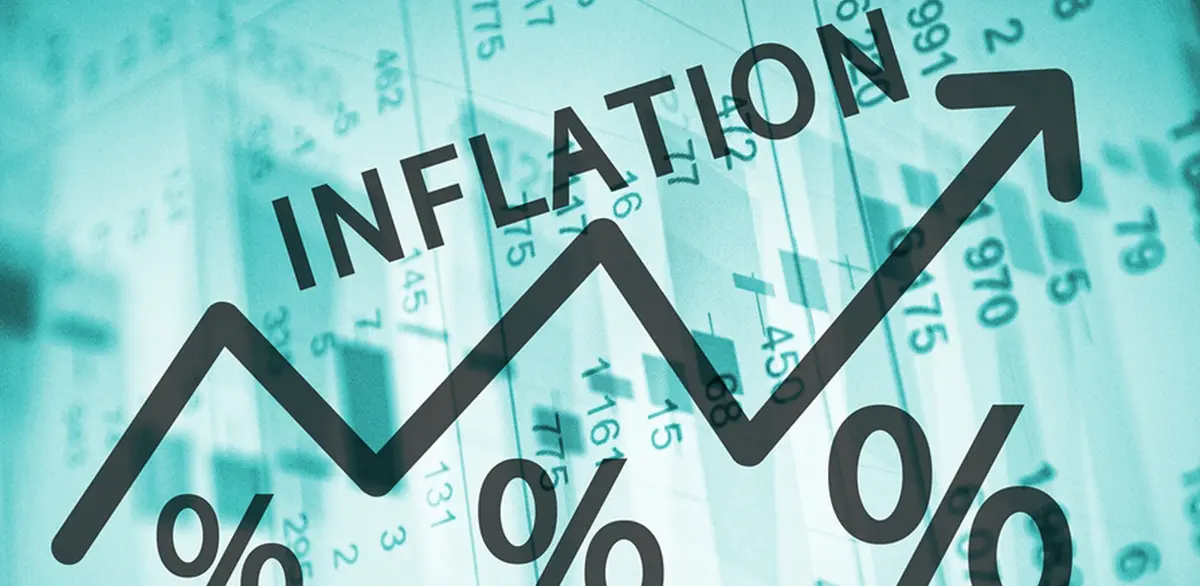Inflation Trends and Their Role in U.S. Investment Policies
Inflation trends play a critical role in shaping U.S. investment policies. From adjusting interest rates to influencing asset classes like bonds, equities, and real estate, inflation trends affect economic decisions across the country. Investors must stay informed about inflation to navigate investment policies effectively and protect their portfolios
Understanding how inflation trends influence U.S. investment strategies
Inflation trends play a critical role in shaping U.S. investment policies. From adjusting interest rates to influencing asset classes like bonds, equities, and real estate, inflation trends affect economic decisions across the country. Investors must stay informed about inflation to navigate investment policies effectively and protect their portfolios.
News Content (10,000 characters):
Inflation Trends and Their Role in U.S. Investment Policies
Introduction
Inflation, the rate at which the general level of prices for goods and services rises, is a key economic indicator that shapes investment policies. In the U.S., inflation trends directly influence decisions made by the Federal Reserve, businesses, and investors alike. These trends can have far-reaching effects on everything from
interest rates to
asset allocation strategies. Understanding how inflation impacts investment decisions is essential for navigating the complexities of the U.S. economy and optimizing portfolio returns.
How Inflation Influences U.S. Investment Policies
1. The Relationship Between Inflation and Investment Policies
Inflation affects U.S. investment policies in various ways. When inflation rises, the Federal Reserve typically reacts by increasing interest rates to curb inflationary pressures. Conversely, when inflation falls, the Fed may lower rates to stimulate economic growth. Both actions influence market dynamics and impact the attractiveness of different asset classes.
2. Federal Reserve Response to Inflation
A. Tightening Monetary Policy
- Raising Interest Rates:
When inflation is high, the Federal Reserve may raise interest rates to control price increases. Higher interest rates make borrowing more expensive, which can slow down consumer spending and business investment. The Fed may use this tool to cool off an overheated economy and bring inflation down to its target level (usually around 2%).
- Impact on Asset Classes:
- Bonds: Rising interest rates tend to decrease the value of existing bonds. As rates go up, newer bonds with higher yields become more attractive, causing older bonds with lower rates to lose value.
- Stocks: Higher interest rates can lead to lower corporate profits due to higher borrowing costs. This can reduce the attractiveness of stocks, especially in growth sectors.
- Real Estate: Higher mortgage rates can reduce housing demand, leading to a slowdown in the real estate market.
- Commodities: Inflation can push commodity prices higher, particularly in areas like energy and metals, as production costs rise.
B. Lowering Interest Rates
- Stimulating Economic Activity:
When inflation is low, the Fed may lower interest rates to stimulate borrowing and investment. This can help boost consumer spending, promote business expansion, and increase economic activity. Lower rates typically make equities and real estate more attractive relative to bonds, which may lead to increased investments in these sectors.
- Impact on Asset Classes:
- Bonds: Lower rates increase the value of existing bonds, as their yields are more attractive compared to newly issued bonds with lower rates.
- Stocks: Lower rates make borrowing cheaper for companies, often leading to higher corporate profits and increased stock prices.
- Real Estate: Cheaper mortgages make home purchases more accessible, potentially increasing demand in the housing market.
3. Inflation and Portfolio Diversification
Inflationary trends influence how investors structure their portfolios to protect against the erosion of purchasing power. A diversified investment approach helps manage the risks associated with inflation. Key elements of inflation-adjusted portfolio strategies include:
A. Bonds and Fixed Income Investments
- Inflation-Protected Securities (TIPS):
These Treasury bonds are specifically designed to protect investors from inflation. The principal value of TIPS rises with inflation, ensuring that returns keep pace with price increases.
- Short-Term Bonds:
Short-term bonds are less sensitive to interest rate changes compared to long-term bonds. In an inflationary environment, investors may favor short-term bonds to reduce the duration risk associated with rising rates.
B. Equities and Stocks
- Stocks as a Hedge Against Inflation:
Stocks have historically outpaced inflation over the long term. Companies with pricing power (e.g., consumer staples, energy, and utilities) can pass on higher costs to customers, maintaining profitability during inflationary periods.
- Sector Rotation:
In times of rising inflation, sectors such as commodities, real estate, and energy may benefit. On the other hand, growth stocks might underperform due to higher discount rates and reduced consumer spending.
- Dividend Stocks:
Dividend-paying stocks can provide income streams that help offset the impact of inflation. Investors often look to dividend stocks during inflationary periods as a way to preserve income levels.
C. Real Assets and Commodities
- Real Estate:
Real estate has long been seen as a good hedge against inflation, as property values and rents tend to rise with inflation. Investors often turn to real estate investment trusts (REITs) for exposure to this sector.
- Commodities:
Commodities like gold, oil, and agriculture are often seen as protective assets during inflationary periods. These assets tend to rise in value when inflation increases, as higher production costs drive up prices.
4. Tax Policy and Inflation
Inflation also impacts tax policy and, subsequently, investment decisions. As prices rise, individuals and businesses may face higher nominal income, potentially pushing them into higher tax brackets. Furthermore, inflation can erode the real value of capital gains and investment returns, making tax planning an essential part of inflation-adjusted investment strategies.
- Capital Gains Tax Adjustments:
The U.S. tax code does not automatically adjust for inflation, meaning investors may pay capital gains taxes on returns that only reflect inflation, rather than real gains. To mitigate this, some investors may use tax-advantaged accounts like IRAs or 401(k)s to shield their investments from taxes.
- Interest Income Taxation:
The tax treatment of interest income on fixed-income investments (e.g., bonds) can be impacted by inflation. Inflation-adjusted income can push investors into higher tax brackets, reducing the after-tax return on their investments















